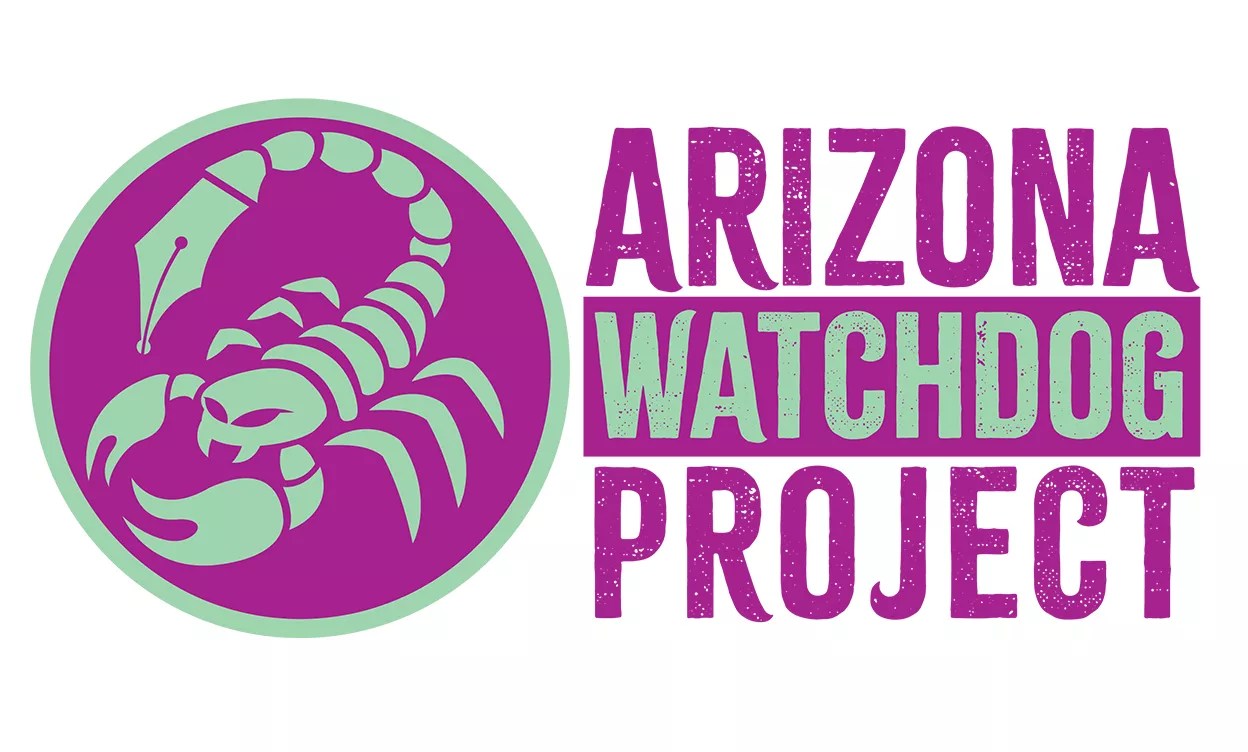
Illustration by Eric Torres

Audio By Carbonatix
In the days after taking the job as editor-in-chief of Phoenix New Times, I reached out to reporters in Phoenix and elsewhere in Arizona. It was clear to me that many of the Trump administration’s stated aims were about to land hard on this state – in policing, on the border, in immigration policy, and in the fundamental workings of democracy.
Our paper has a small staff. I knew I’d need freelancers to step up and meet the moment.
“In short: I’m concerned about how the incoming administration (which takes over the country five days from now) will affect Arizona,” I wrote to one such freelancer, Beau Hodai, who specializes in writing about security. “I want to make our coverage of the Trump administration’s policy effects in Arizona a major priority.”
Often in this business the real work of editing, so-called, is finding the people and the means to produce the journalism you want to see. It’s a privilege today to share with New Times readers that we have made a significant score on both fronts.
Starting this week, we are using a generous $123,000 reporting grant from the Trace Foundation, administered with the help of Deep South Today, to support a year of work by two longtime investigative reporters. Stephen Lemons, a former New Times staff writer and prolific freelance reporter, will contribute stories from Phoenix. And, yes, Beau Hodai, a fiercely independent and scrupulous reporter, will report from Arizona’s borderlands. His stories will run jointly on his Substack, Cochise Regional News, named for his home county. Between them, they’ve won awards from the Society of Professional Journalists and grants from the Fund for Investigative Journalism, among other honors.
We needed something to call this venture. We settled on the Arizona Watchdog Project. Its aim is to support the work of Arizona’s strongest public accountability reporters, to cover the rapid, even radical changes afoot in the state. We’ll do our best to tell you what’s happening and why, who’s behind it and how much it’s going to cost. We’re also going to uncover who stands to gain – and who stands to lose.
We also decided to delay this announcement until we had something for you to read. To kick off the AZWP, New Times is proud to bring you a Beau Hodai scoop we’re calling The Big Takeover.
The first entry in what promises to be a series of essential reads, this story explores a cache of documents that reveal conversations among right-wing policy advisors who appear to have informed Trump’s policing and immigration strategies.
These documents, previously unknown to the public, show unnerving discussions about using deportations as a public relations spectacle – and point toward a possible radical re-ordering of U.S. law enforcement to be carried out in the coming months. The group proposes uniting aspects of America’s policing agencies and giving the president command of their operations.
The proposed plan, which originated in a Project 2025 working group on border security, would put the president in charge of a massive, nationwide policing machine. Ostensibly, that machine would be for finding and speeding the deportations of people who deserve to be deported. But the quirky thing about massive, nationwide policing machines is you just never quite know where the darn things will stop, or if in fact they ever will.
The price of fact-finding
I’m still new to this job, so when I ask for financial support for our work, donors are taking a leap of faith. They can do so confidently because of what previous generations of journalists have built for us here in Phoenix.
This paper started 55 years ago as a platform to criticize the government waging endless war in Vietnam and shooting Kent State students who had the temerity to exercise their First Amendment right to protest. As it grew over the decades, New Times kept that fire alive. Its reporters have long hounded those who would leverage their power to harm or exploit Arizonans. By the early 2000s, New Times had expanded its footprint to such cities as Denver, Dallas, Miami and Houston. Soon it reached further, acquiring the Village Voice chain and eventually morphing into today’s Voice Media Group. At every stage, in every market, the company has carried that same defiant, investigative bent.
The flag that Phoenix first flew in the 1970s still permeates the DNA of this place. New Times is, at heart, a confrontational lot. If we offend our readers along the way, we’re going to do so with facts, rather than with opinions. It’s a slow path to hike. Uncovering facts takes more time and money than whipping up hot takes. Fuming on a podcast or parroting party doctrine on cable is cheaper and easier than spending months excavating records and winning the trust of sources.
Media figures who traffic in propaganda and off-the-cuff bullshitting can flood the airwaves. Meanwhile, the outlets that grind out deeply researched reports need all the help we can get. As professionals (and, hell, as Americans), we remain committed to providing you, the reader, with real reporting. Our approach is harder, yes. It is also way more fun.
I’m humbled when readers, advertisers and funders still entrust Phoenix New Times with that mission. If you feel like joining the cause, we’re always welcoming new members – every dollar helps us continue to produce journalism that readers can access for free. But even if all you have to offer is your attention, we’ll be happy to receive it. And in the coming months, I’m confident we’ll reward you with more stories worth your time.